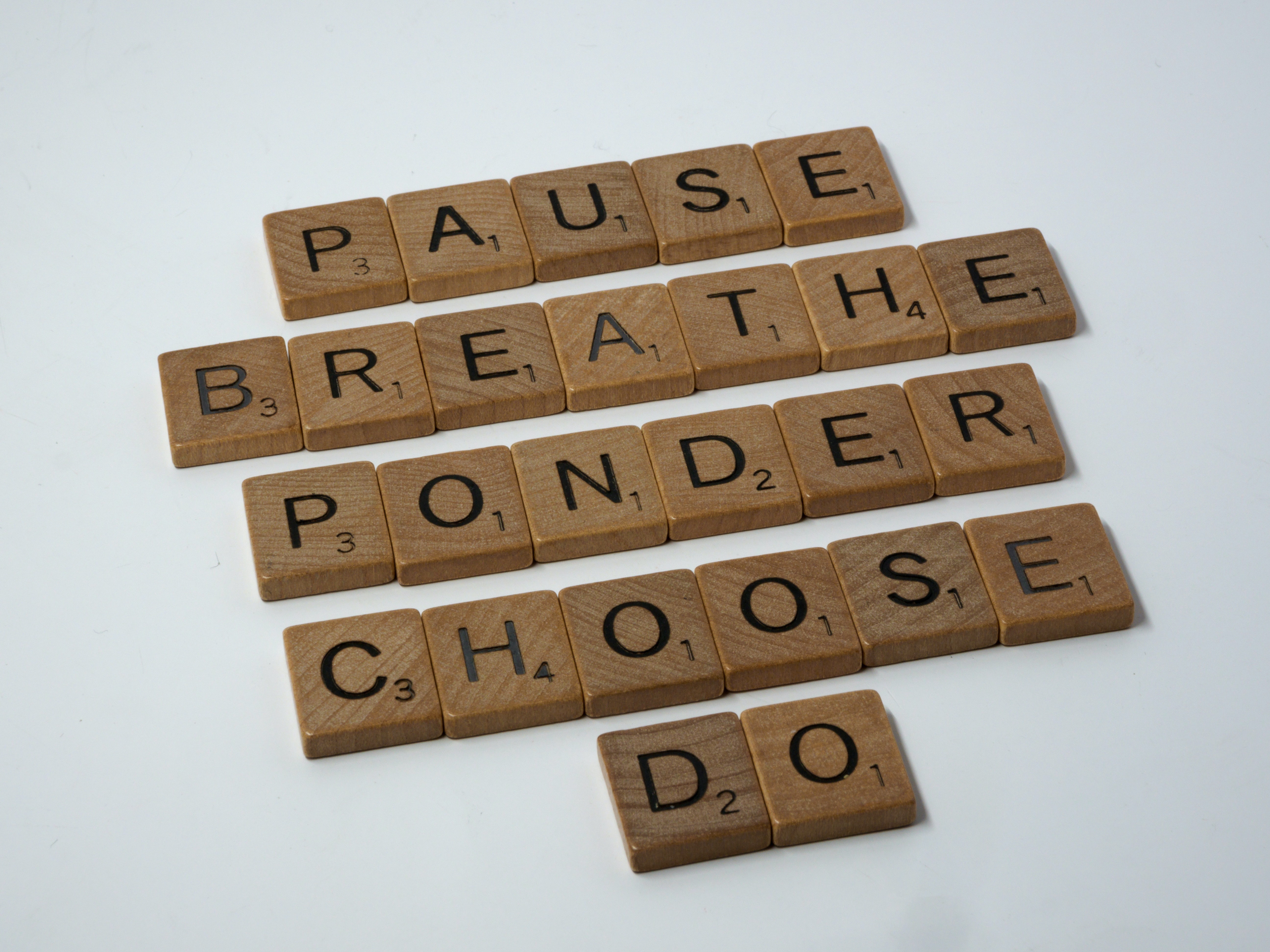
Dialectical Behavioral Therapy’s Interpersonal Effectiveness skills are designed to help you get what you need from your relationships while being respectful of yourself and others. Interpersonal relationships can be very challenging when you are also dealing with unstable emotions. There are many reasons you may not be as skilled at interpersonal relationships as you wish to be. The following are factors that reduce your interpersonal effectiveness.
Lack of Skill
You don’t know what to say, how to act, or what will work. Lack of skill is frequently dismissed as lack of motivation. If you don’t know what to say or do, all the motivation in the world will not show you how to do it.
People learn interpersonal skills the same way they learn other skills: by observing others and practicing the skills themselves.
Lack of interpersonal skills can occur when:
- You don’t have anyone to model the skills for you
- You don’t have the opportunity to observe the skills being modeled
- You don’t have the chance to practice the skills
Perhaps you didn’t learn these skills as a young person and have had no structure in which to learn them since. Perhaps you live an isolated lifestyle for any reason and don’t have many opportunities to practice. There are many reasons why you might lack these skills. It’s never too late to learn, though, and DBT aims to help.

Worry Thoughts
Worry thoughts get in the way of using interpersonal skills. In this case, you have the ability but your worry thoughts interfere with doing or saying what you want.
Maybe you worry about bad consequences (“they won’t like me”), about whether you deserve to get what you want (“I am such a bad person I don’t deserve this”) or about not being effective (“I won’t do it right”). These thoughts are invalidating and create a negative cycle of self-talk that prevents you from achieving your goals.
Emotions
Emotions may get in the way of our ability to behave. In this case, you have the ability but it is interfered with by your emotions. Emotions can be an automatic response to a situation, based on previous experience. Emotional reactions can also be based on myths.
For example, you might get frustrated or anxious because you don’t know what to do. Or you might feel angry or guilty because of how you think about a situation. These emotions can become overwhelming and shut you down before you even begin the interaction. Practice noticing your breath to get you to get to a calmer state so you will get into Wise Mind.
Indecision
Emotions and worry create indecision. In this case, you have the skills but you can’t decide what you really want or what to do.
This is likely to occur when:
- You are conflicted/uncertain about your priorities
- You can’t figure out how to balance asking for too much versus not asking for anything
- You can’t figure out how to balance saying no to everything versus giving in to everything
Your Wise Mind can help you find balance and answers in this situation. You can also use a Pros and Cons square to help you decide whether to say no or ask for what you need.

Environment
There are times when even the most skilled individuals cannot be effective at getting what they want, keeping others liking them, or behaving in ways that they respect. There might be dangerous consequences to saying no or standing up for yourself. Other people might take your fair request or rejection poorly because of their own vulnerabilities and there is no way to salvage the relationship. Perhaps your objective is more important than retaining your self-respect (if you need to get food for your children, for example). In these cases, you’ll want to practice Radical Acceptance to accept things the way they are.
Interplay of Factors
These factors all feed off one another. The more you experience non-giving, authoritarian environments, the more you worry, the less you practice, the less you know, the worse you feel, the more you can’t decide what to do and so on and so forth. It becomes a cycle of invalidation that prevents you from being effective.
Even very skilled people often cannot, and do not get what they want. It is not helpful, useful or realistic to always blame yourself for not getting what you want. The belief that you can always get what you want if you are skilled enough makes people feel that they “should” never be disappointed. This view generally leads to self-blame, frustration and anger. It is important to look at the factors that resulted in you not getting what you want so that you can address or accept them.

0 Comments